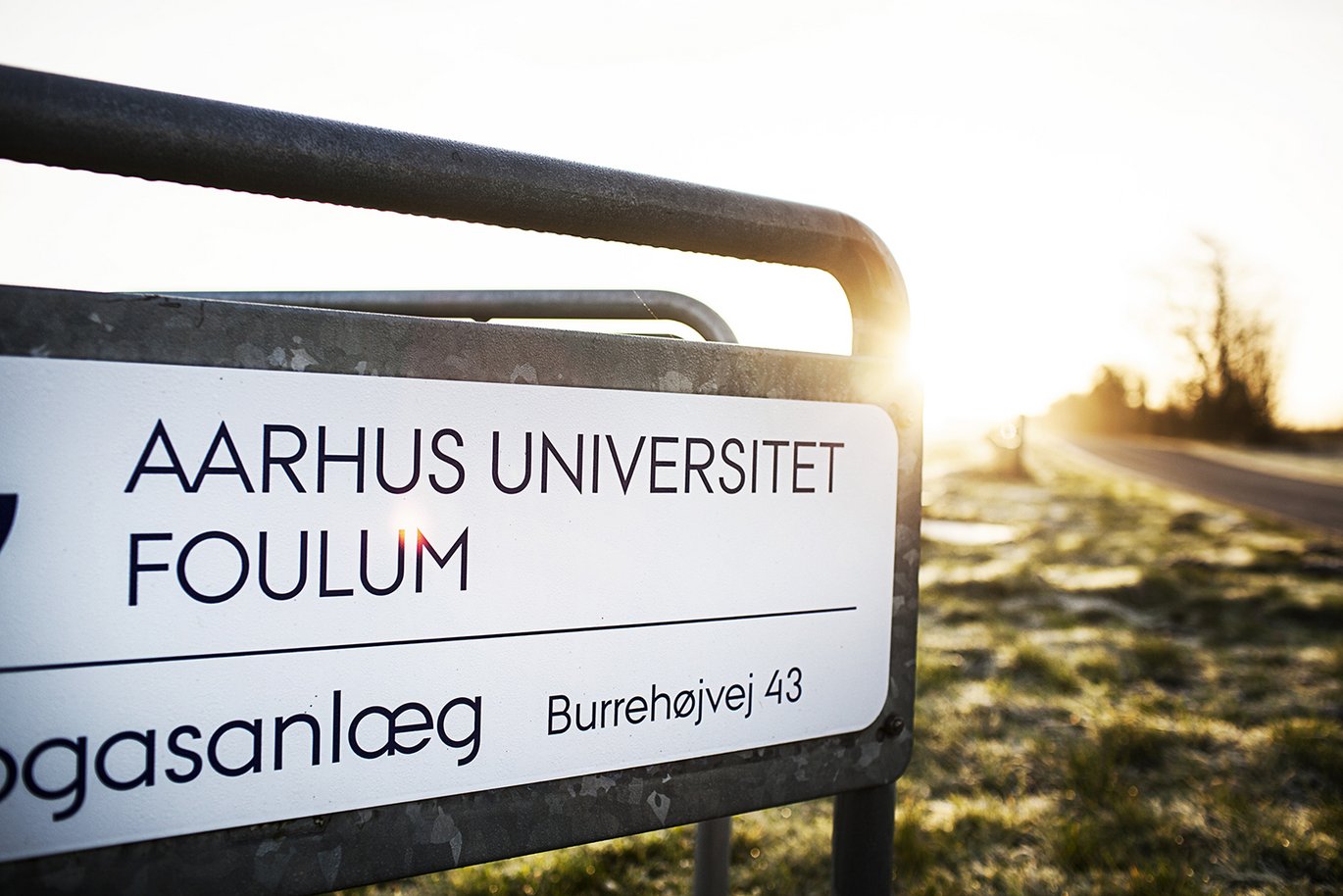New technology could up biogas production by 50%
Aarhus University has just received a multi-million grant to develop and build a prototype for a new biogas technology that enables a substantial scale-up of both existing and new biogas facilities: “The result of many years of research is now entering the real world.”

Researchers from Aarhus University, in collaboration with partners including the power-to-x sector, are building a prototype of an entirely new, scalable, and modular technology that can help realize Denmark’s ambitions for significantly more CO₂-neutral biogas.
This effort is part of the project with the catchy name E-CH4 Booster, which has just been awarded DKK 24.6 million in EU funding from the Just Transition Fund. The project is the culmination of many years of research in which Denmark is setting the standard - research that is now ready for industrialization. As Associate Professor Michael Vedel Kofod from Aarhus University’s Department of Biological and Chemical Engineering explains:
“Denmark holds a unique position because we produce so much biogas. With this technology, we could potentially look forward to a future where we not only meet our current gas consumption but also produce green gas for the sustainable transition of heavy transport and shipping.”
He continues:
“We’ve been researching and maturing this technology for over 10 years - from the very first laboratory experiments to full-scale systems. Now, the technology is nearly ready to operate under commercial conditions and be scaled up further. The result of many years of research is now entering the real world and it’s incredibly motivating and satisfying to see our ideas and long-term research efforts maturing and approaching a stage where they can make a difference.”
Direct Implementation
The technology is a kind of add-on for new and existing biogas plants and primarily consists of an electrolysis unit and a biomethanation reactor. This setup converts CO₂ - which would otherwise be emitted during biogas production - into so-called e-methane using microorganisms and hydrogen produced from renewable energy.
The result is up to 50% higher gas production.
“In short, it’s about using green energy - when it’s cheap - to extract even more green gas from our biogas production, and in doing so, avoiding the CO₂ emissions we currently release from the biogas,” says Thomas Lundgaard, Deputy Head of Department at the Department of Biological and Chemical Engineering.
The technology can be directly integrated into the existing biogas infrastructure, and after refinement, the e-methane can be used as fuel or fed into the gas grid.
However, the construction of a prototype does not mean that the research and development efforts are over, Thomas Lundgaard emphasizes:
“The large power-to-x projects have faced tough times due to high costs, dependence on major infrastructure investments, and more. Here, however, we have a solution with the potential - independent of all that - to deliver green fuels on a much shorter timeline. The technology that is to be deployed commercially will play a crucial role in the future energy system, and that requires us to continuously improve it. But as a university, we are extremely pleased to be collaborating with skilled Danish companies to make this happen - with all the opportunities it brings for green transition, improved energy security, and job creation.”
The prototype is being designed and developed in collaboration with the companies EMS ApS and Pura Futura, and the project also includes partnerships with Fredericia College of Marine and Technical Engineering and Rybners Technical College.
Project title | E-CH4 Booster |
Total grant | EUR 3.3 million from the Just Transition Fund |
AU part of grant | EUR 1.1 million |
Partners | Aarhus University, EMS ApS, Pura Futura, Fredericia College of Marine and Technical Engineering, Rybners Technical College. |
Other | As part of the project, four researchers from Aarhus University's Department of Biological and Chemical Engineering have entered into a partnership with the company Pura Futura and have joined its group of owners. The four researchers are Associate Professor Michael Vedel Kofod, Professor Lars Ottosen, Deputy Head of Department Thomas Lundgaard, and Postdoc Mads Ujarak Sieborg. |
Contact | Associate Professor Michael Vedel Kofoed Professor Lars Ottosen Deputy head of department Thomas Lundgaard |
